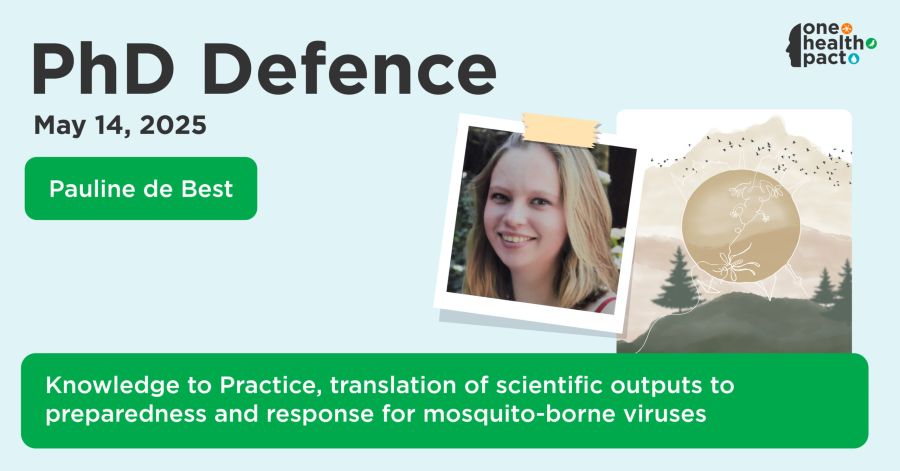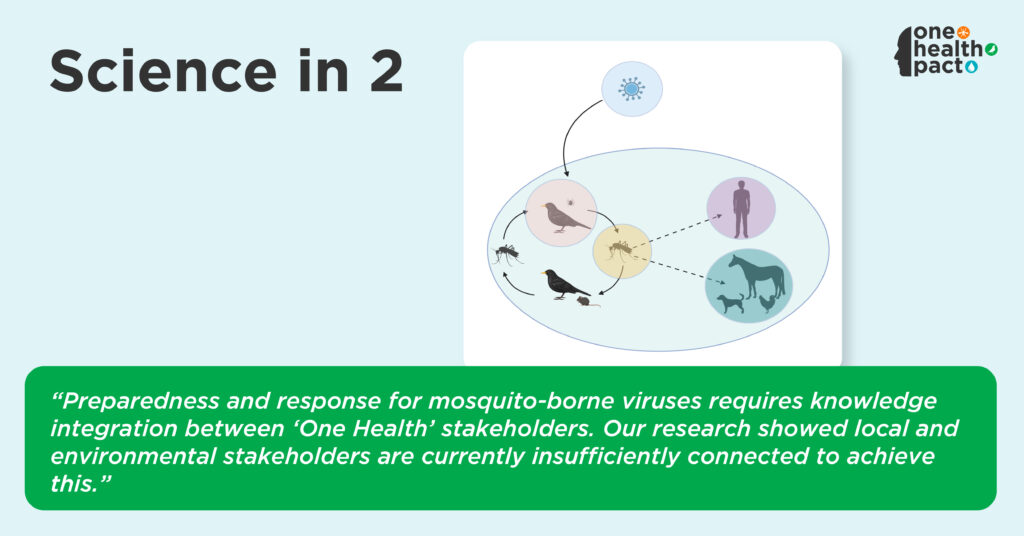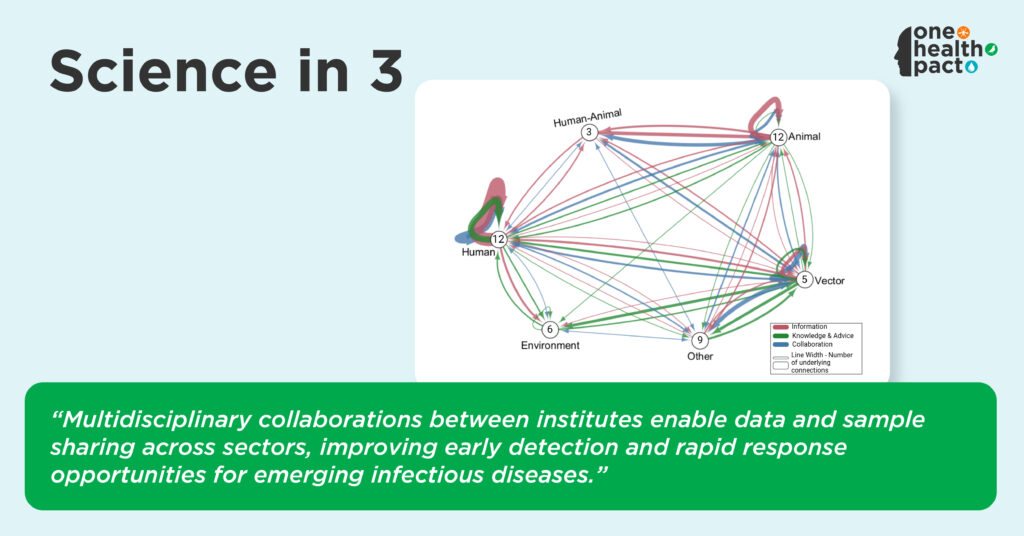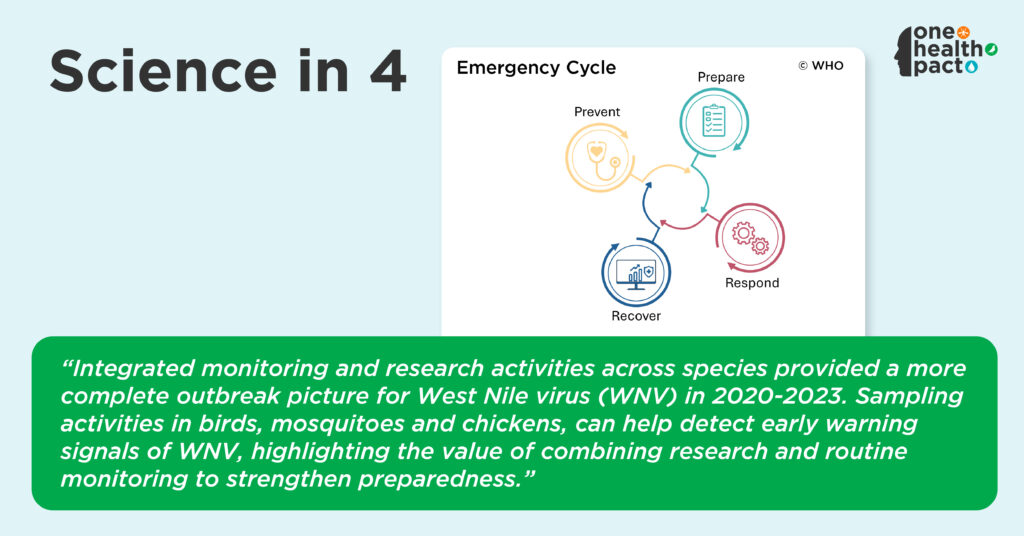PhD Defence: Pauline de Best

Promotion time for One Health PACT PhD Pauline de Best! 🦟💧🐦⬛
On Wednesday, the 14th of May, Pauline de Best, successfully defended her PhD thesis titled: ‘Knowledge to Practice, translation of scientific outputs to preparedness and response for mosquito-borne viruses’ at Erasmus MC.
SCIENCE in 4 – Four key insights of the thesis of Pauline:

🦟 Science in 1 – “Understanding people’s perceptions and knowledge is key to predicting and improving prevention behaviours for emerging mosquito-borne diseases in Europe. The MosquitoWise questionnaire that we developed and validated, helped us assess this in the Netherlands and Spain.”

🦟 Science in 2 – “Preparedness and response for mosquito-borne viruses requires knowledge integration between ‘One Health’ stakeholders, our research showed local and environmental stakeholders are currently insufficiently connected to achieve this.”

🦟 Science in 3 – “Multidisciplinary collaborations between institutes enable data and sample sharing across sectors, improving early detection and rapid response opportunities for emerging infectious diseases.”

🦟 Science in 4 – “Integrated monitoring and research activities across species provided a more complete outbreak picture for West Nile virus (WNV) in 2020-2023. Sampling activities in birds, mosquitoes and chickens, can help detect early warning signals of WNV, highlighting the value of combining research and routine monitoring to strengthen preparedness.”
You can now view the recording of Pauline’s defence via this link.
One Health approach
These PhD projects from the One Health PACT consortium explore the complex interplay between mosquitoes, viruses, ecosystems, and public health. Together, they provide new insights into disease dynamics, environmental drivers, and the neurological impact of mosquito-borne viruses, while also addressing how scientific knowledge can inform preparedness and policy. Collectively, the research exemplifies the power of a One Health approach to tackling emerging infectious diseases.